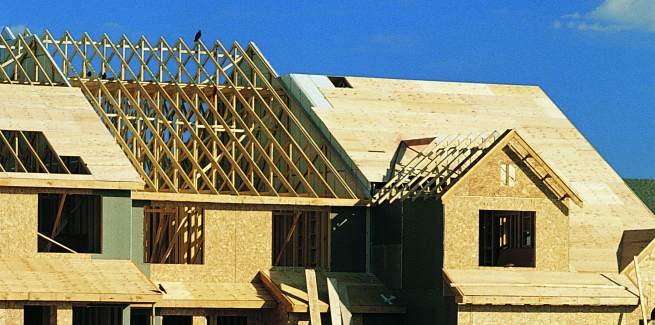The Housing Industry Association’s (HIA) managing director, Graham Wolfe, has warned against the government’s proposal to cap skilled migration to Australia from 190,000 to 160,000 in 2019-20, saying that it will be particularly harmful to the housing industry.
“Recent proposals to make changes to the 457 skilled working visa will not address the bigger problem of how to fill the shortage of skilled trades people available to build new homes and apartments,” he said.
Mr Wolfe noted that the housing industry is “more vulnerable to skill shortages than many other industry sectors”.
This is due to “an ageing labour force, the physical nature of work, the ongoing demand for new housing and the often cyclical nature of activity”.
He claimed that Australia will need to build more than 2.3 million houses by 2030 to keep pace with demand.
“Skilled worker visas have for many years allowed people trained and experienced in other countries to enter Australia and work for an approved business that sponsors the worker. This approach fails to recognise that trade contractors have always operated their own business,” Mr Wolfe noted.
“The current visa models simply don’t suit the housing industry’s long-accepted approach to doing business, which relies heavily on the efficient and affordable model of independent contracting.”
As such, in the lead up to the federal election (16 May), the HIA is calling on political parties to remove the caps and limits that exist on skilled and business migration categories and to introduce a new visa category for skilled workers that can operate as a trade contractor independent of a single employer.
“A well-thought-out migration policy coupled with a strong sector to train future tradespeople in Australia will go a long way to helping supply the homes we need over the next decade,” Mr Wolfe concluded.
The HIA managing director last month warned that the Labor Party’s proposed stricter rules around capital gains tax and negative gearing will “dampen first home buyer capacity to save for their first home” as rental costs will increase.
“While their grandfathering provisions are intended to encourage investors to retain their existing investment properties, decisions about new investments in residential housing will be strongly influenced by the higher taxation grab on investment returns and uncertainty about subsequent sales of new properties and future tax changes,” Mr Wolfe said.
As rental costs increase, rental supply will decrease, according to HIA’s analysis.
“Rental supply is crucial,” Mr Wolfe said.
“The September quarter of 2018 marked the first time since December 2006 that rents in Sydney declined in real terms. The recent additional supply of rental properties has underpinned the improvement in rental affordability.”
As such, there is a risk that altering the tax treatment on residential investment properties will “[undo] the good work”, according to the HIA managing director, especially as more than 90 per cent of renters have home ownership aspirations.
“For many households, living in a rental property is an interim step towards home ownership. It’s a period of independent living while they save a deposit to purchase their own home,” Mr Wolfe said.
“Australia needs to reverse this trend, renew our national commitment to home ownership and adopt measures that support first home aspirants. That includes support while saving for a deposit.”
[Related: HIA reports ‘subdued’ growth in new home sales]
 ;
;
